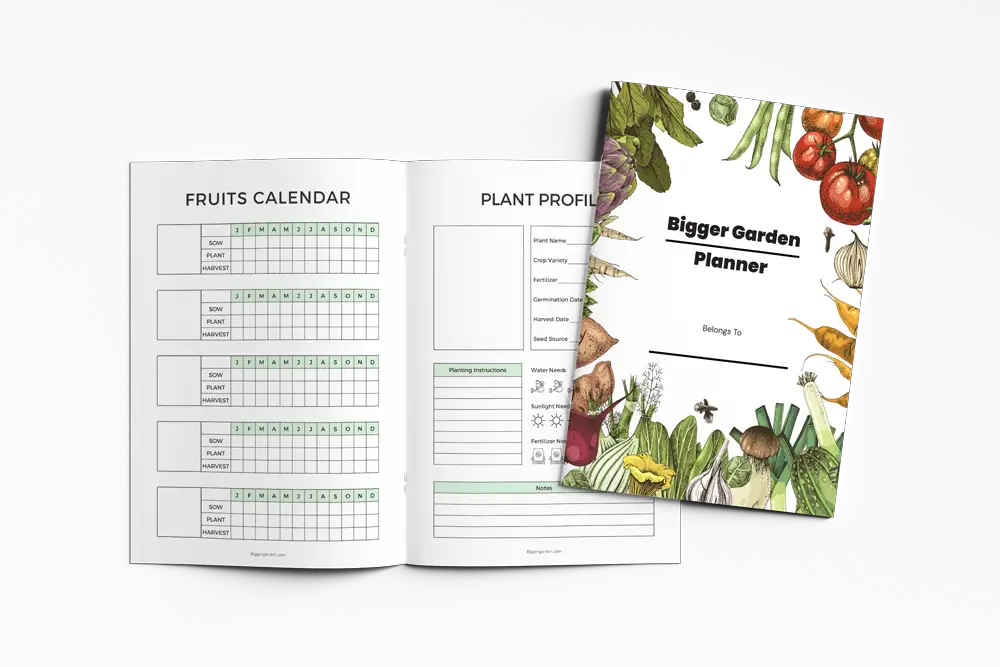2023 Marked one of the worst years for honey bee populations – What Can Be Done?

This post follows our research editorial guidelines.

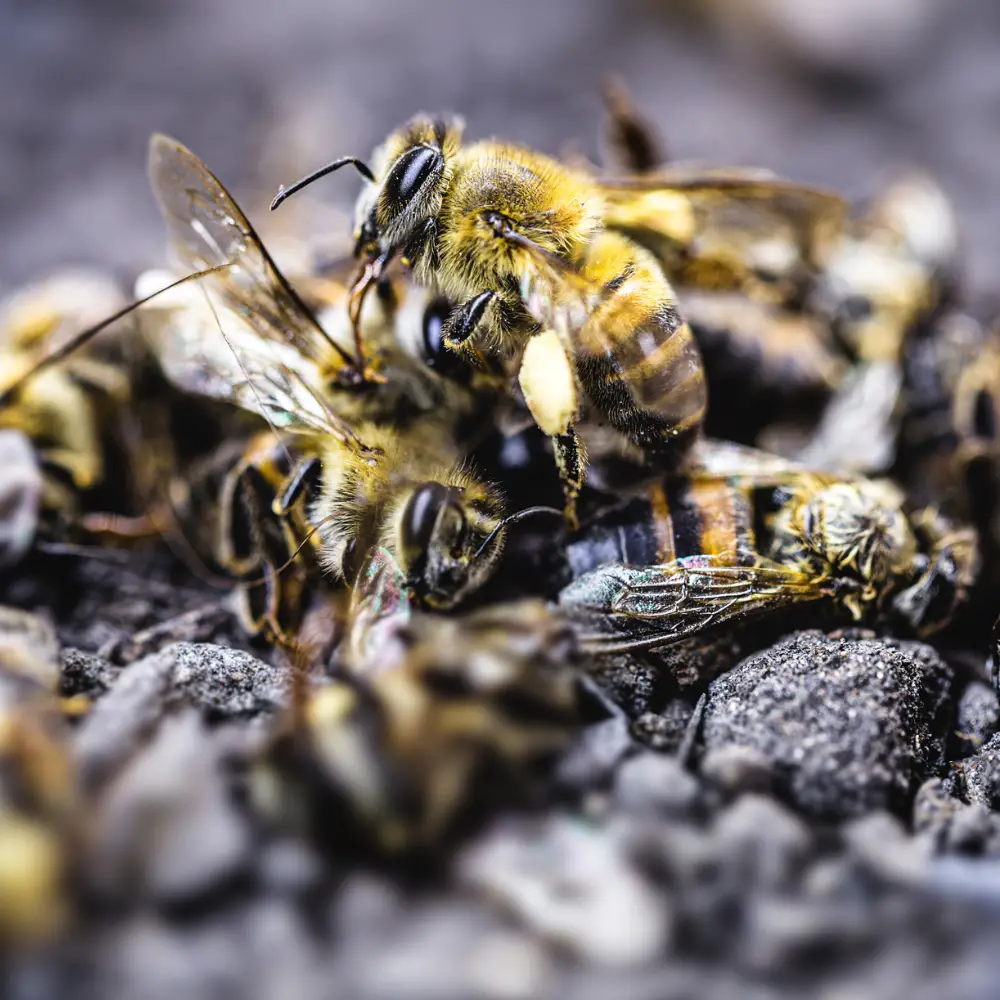
2023 Marked the end of a devastating year for honey bees in the USA. The recent news hit me with a heavy heart, a shocking 48% of honey bee colonies collapsed over the last growing season. I call this the canary in the coalmine. These pollinators are guardians of our food supply, ensuring the growth of over 100 different types of crops. It’s needless to say they play a crucial role in our ecosystem and the overall health and diversity of our planet.
Quicky Find The Section Your Looking For:
What Caused This Steep Decline?
Queen Issues: A Royal Problem
In the bee world, the queen’s health is paramount, especially during the summer months when colonies are most active. As the sole egg-layer, her ability to produce healthy offspring dictates the future of the colony. Any disruption, from irregular laying patterns to illness or death, can precipitate a decline in colony strength and numbers.
Beekeepers often describe these scenarios as “queen issues,” which, if not promptly addressed, can culminate in the colony’s demise. The intervention may involve introducing a new queen to restore balance and ensure the colony’s continuation.
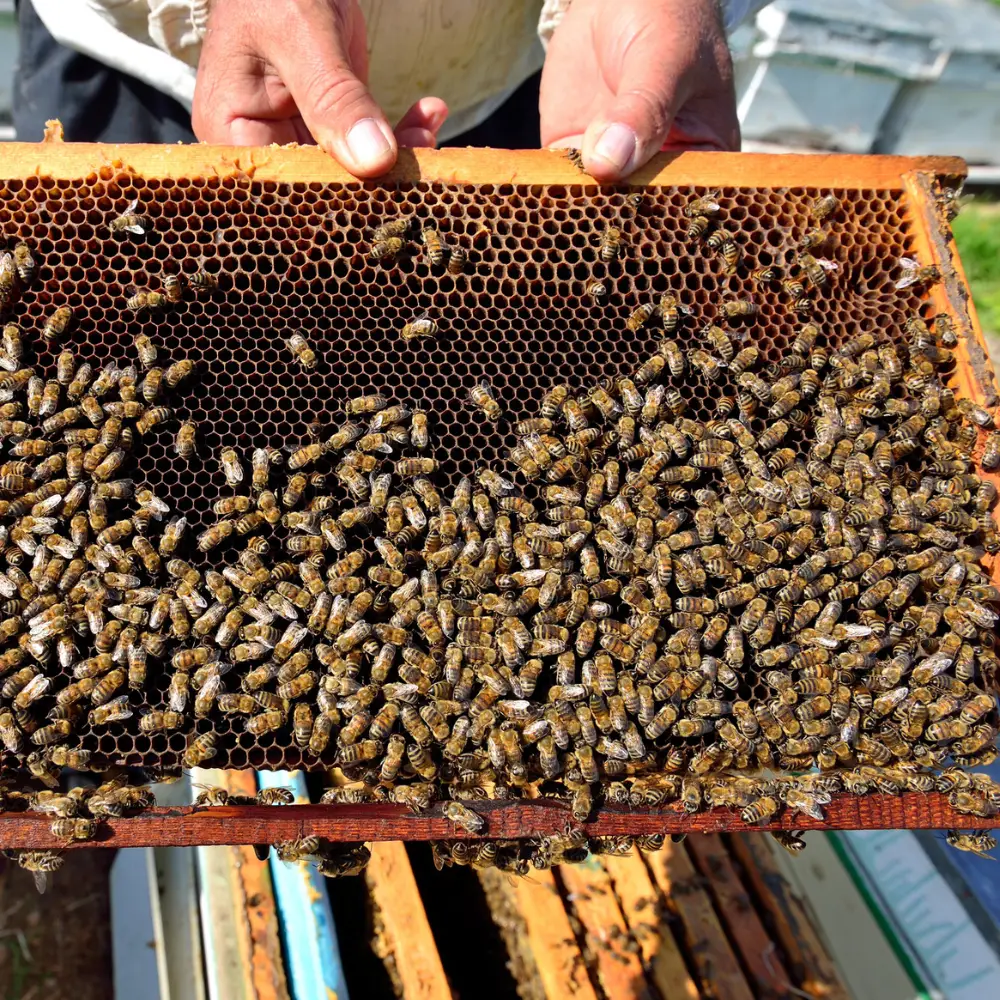
Destructive Parasites: An ongoing fight
The varroa destructor mite represents one of the most significant challenges to honey bees globally. This minuscule parasite clings to bees, feeding on their fluids and weakening them considerably. More insidiously, it spreads viruses within colonies, targeting the vulnerable developing bees in the brood.
This assault can drastically undermine the colony’s health and its ability to sustain itself, leading to what is known as Varroa-Associated Collapse. Beekeepers combat this threat with vigilant monitoring and sophisticated treatment regimes, but the fight against varroa is ongoing and demands widespread attention.
Adverse Weather: The Climate Challenge
Lastly, the weather plays a pivotal role in the wellbeing of bee colonies. Extreme conditions, such as prolonged rain or drought, limit bees’ access to their food sources — the nectar and pollen of flowers. Similarly, extreme temperatures can stress colonies, making them more vulnerable to diseases and pests. These climatic challenges highlight the fragility of bee populations and underscore the importance of creating supportive environments for them.
 You will find more infographics at Statista
You will find more infographics at Statista
While stats like this are critical to understanding it’s important to remember that there is hope for our friendly pollinators with a bit of help from fellow gardeners.
What can we do to help?
Home gardeners hold a unique and powerful position in the effort to support honey bees and other pollinators. By making mindful choices in their gardening practices, they can create nurturing habitats that offer refuge and resources to these essential creatures. Here’s how you can transform your garden into a haven for pollinators:
Plant a Diversity of Flowers
Variety is key, plant a wide range of flowering plants to ensure blooms through all seasons. Different pollinators have preferences for different flower shapes, sizes, and colors, and their active periods can vary throughout the year. Including a variety ensures that your garden is always a source of sustenance.
Focus on growing native plants, which are often more attractive to local pollinators and better adapted to your area’s environmental conditions. Native plants typically require less water and care than non-native species.
Create a Bee-Friendly Habitat
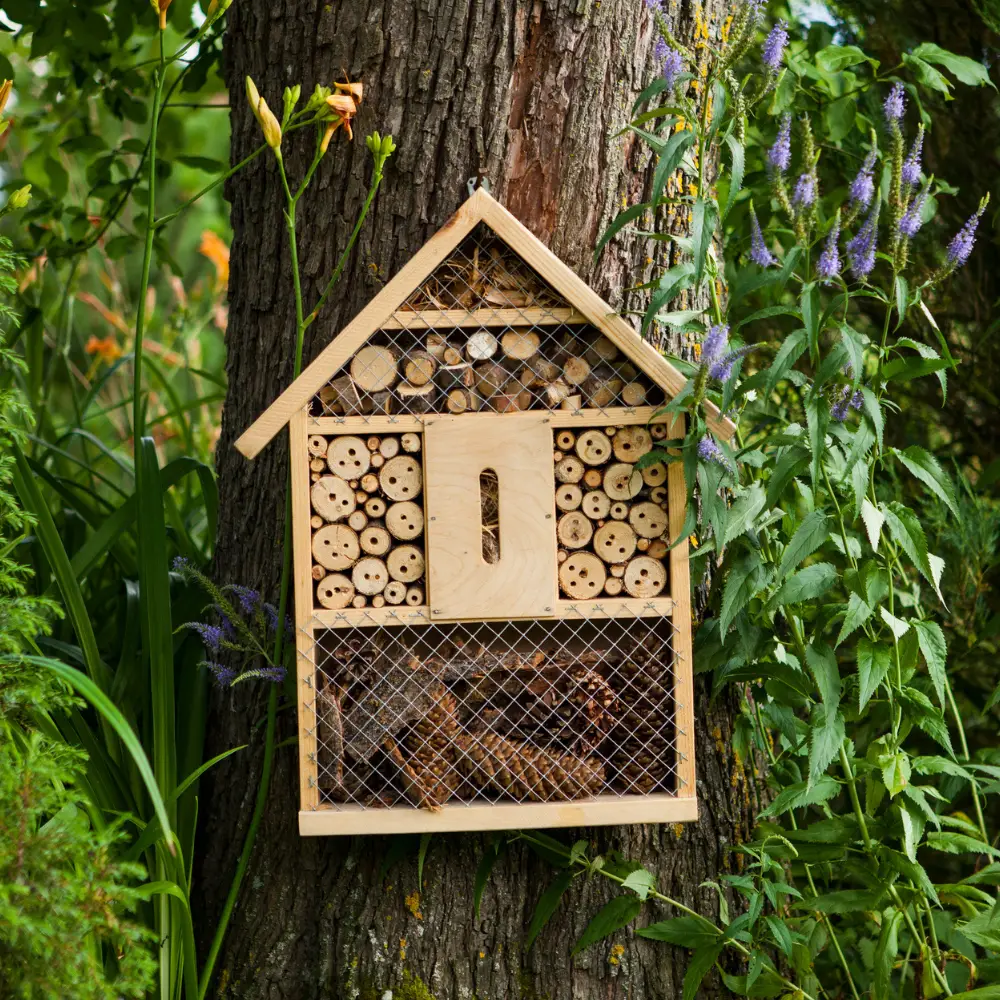
Leave some wild spaces, undisturbed plots provide essential nesting sites. Ground-nesting bees, for example, need bare soil, while others might nest in hollow stems or dead wood.
Water sources provide clean water sources for bees. A shallow bird bath or a dish with partially submerged stones works well for bees to land on and drink safely.
Avoid using pesticides, herbicides, and synthetic fertilizers, which can be harmful to bees and other beneficial insects. Opt for Chemical-Free organic solutions to pest and weed problems, and focus on building healthy soil to support plant health.
Support Bee Health with Specific Plants
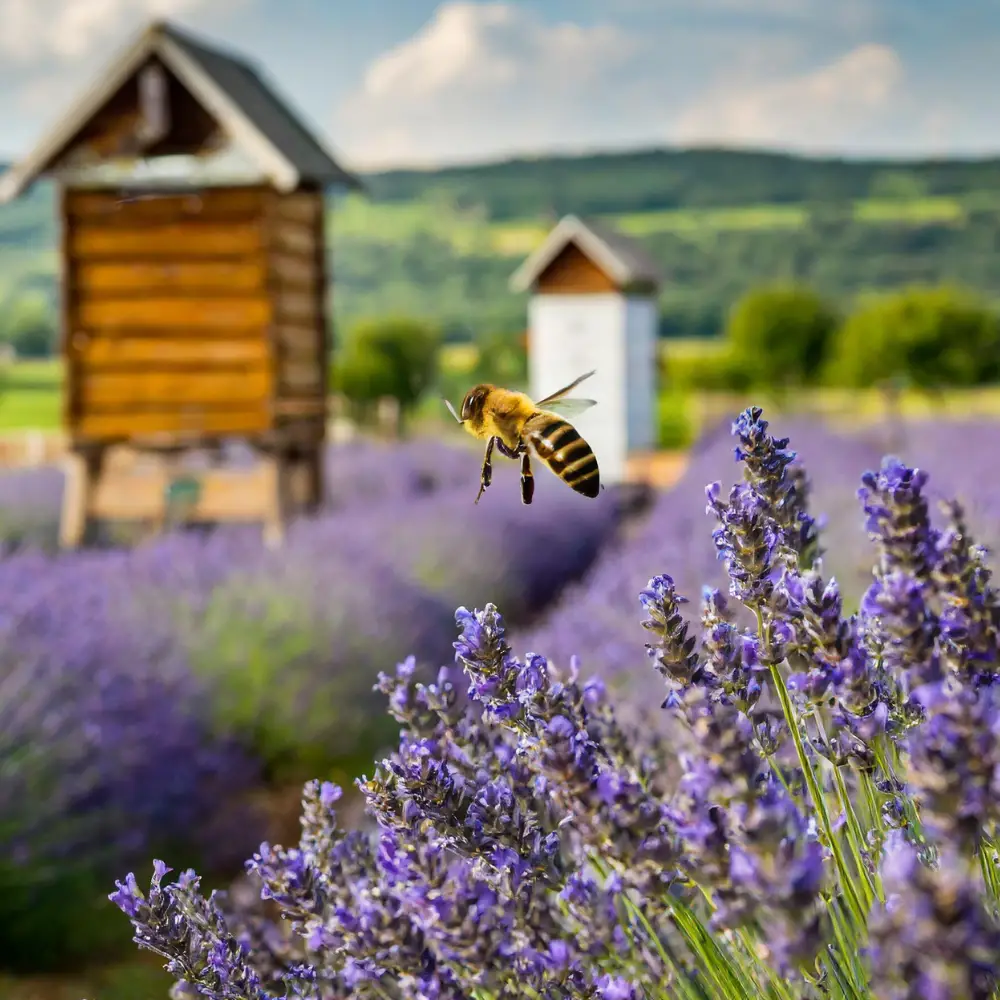
Plant for continuous blooms to ensure that your garden offers flowers throughout the growing season, from early spring to late fall, to provide continuous food sources.
Certain plants are particularly beloved by bees. Flowers like lavender, borage, and cosmos, as well as herbs like rosemary, thyme, and oregano, are excellent choices. Fruit trees and berry bushes are also fantastic pollen and nectar sources.
Foster a Pollinator-Friendly Community
Share what you’ve learned and experienced with neighbors, friends, and local gardening groups. Encouragement and education can lead to more pollinator-friendly practices in your wider community.
Sustainable Gardening Practices
Creating your own compost to enrich your soil naturally is a great way to reducing the need for synthetic fertilizers which can be harmful for pollinators looking for a snack.
It’s also important to use pest management strategies that have minimal impact on local wildlife which could hurt pollinators unintentionally along with other beneficial insects.
Personal Reflection
My journey into gardening began with a deep concern for the declining bee populations. I still remember the day that I saw the news of millions of bees nearby found dead in a parking lot simply because they wandered into the wrong field. It’s what let my into organic gardening transforming my little patch into a pollinator-friendly habitat.
Every garden, no matter how small, can make a difference. By adopting these practices, we’re not just cultivating a beautiful space for ourselves we’re contributing to the health and resilience of our planet’s essential pollinators.
